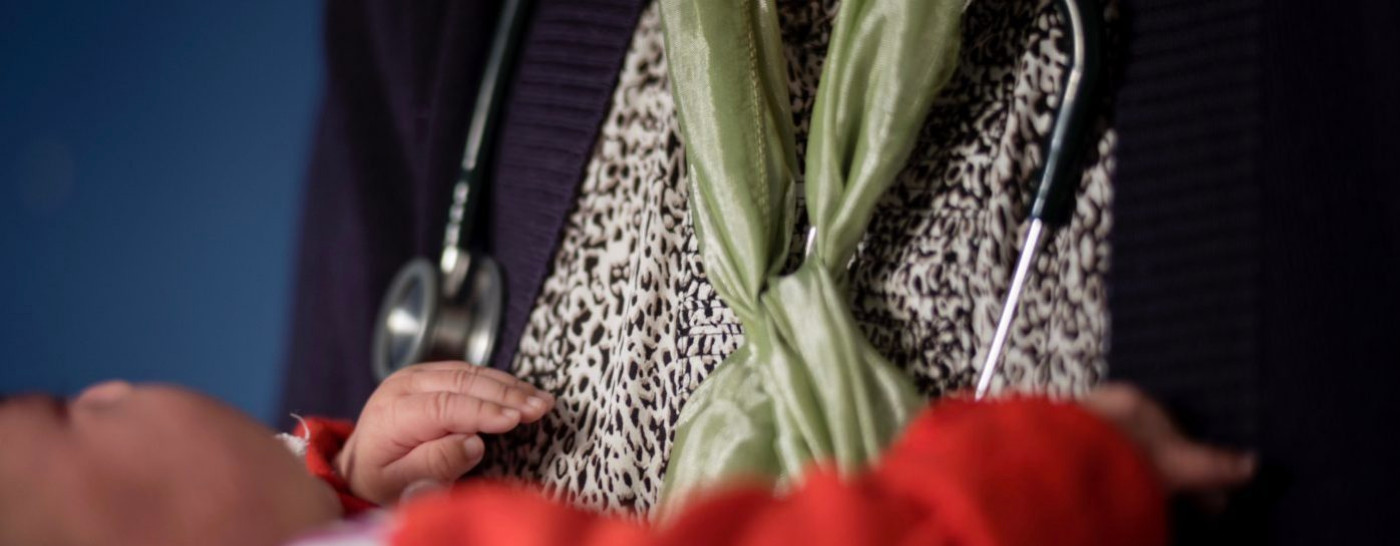Call for case studies on problems accessing NHS care for migrants
Published 19th February 2018
Recent changes to health policy, like the sharing of NHS data with the Home Office and upfront charging, have made it much more difficult for many migrants to access the healthcare they need. Like other healthcare providers working with vulnerable groups, we see the impact of these policies on our patients’ lives every day.
In order to convince policymakers of the devastating consequences of these changes, we continually collect evidence from our clinic.
Now, we’re reaching out with a call to other healthcare providers and frontline services to contribute to this evidence base. If you have seen any impact on the health, wellbeing or healthcare access of your patients as a result of the recent policy changes (described below), we invite you to submit an anonymous patient case study through our simple online survey tool.
See our Publications page for examples of how we use the case study evidence we gather.
Sharing NHS patient information with the Home Office
An MoU published in January 2017 laid out how the NHS routinely shares non-clinical patient information (like names and addresses) with the Home Office for immigration enforcement. It means that even by giving their home address to their GP, some patients are put at risk of being deported or detained.
Research has shown that fear of being reported to the Home Office causes many of our patients, including heavily pregnant women and seriously ill people, to avoid seeking the healthcare they need.
Our #StopSharing campaign, in partnership with Liberty and the National Aids Trust, has mobilised over 5,000 people against this dodgy deal.
Last month, MPs even lent their voices. Following an inquiry, Dr Sarah Wollaston, Tory MP and Health Select Committee Chair, sent a letter to NHS Digital strongly condemning the data-sharing agreement and calling for its immediate suspension.
Upfront charging in hospitals and community health services
The National Health Service (Charges to Overseas Visitors) (Amendment) Regulations 2017 came into force in October 2017 and legally require for the first time that:
- community services receiving NHS funding –including charities– check every patient’s eligibility for free care before they receive healthcare;
- all hospitals and NHS-funded community services charge those not eligible for free care up-front, meaning those who cannot pay will have treatment withheld unless it is classified as urgent or immediately necessary.
For more information about service and group exemptions from these charges, click here.
Our response to a recent Department of Health review into these new regulations explains the impacts we’ve seen so far and is a good example of how we use case study evidence.
